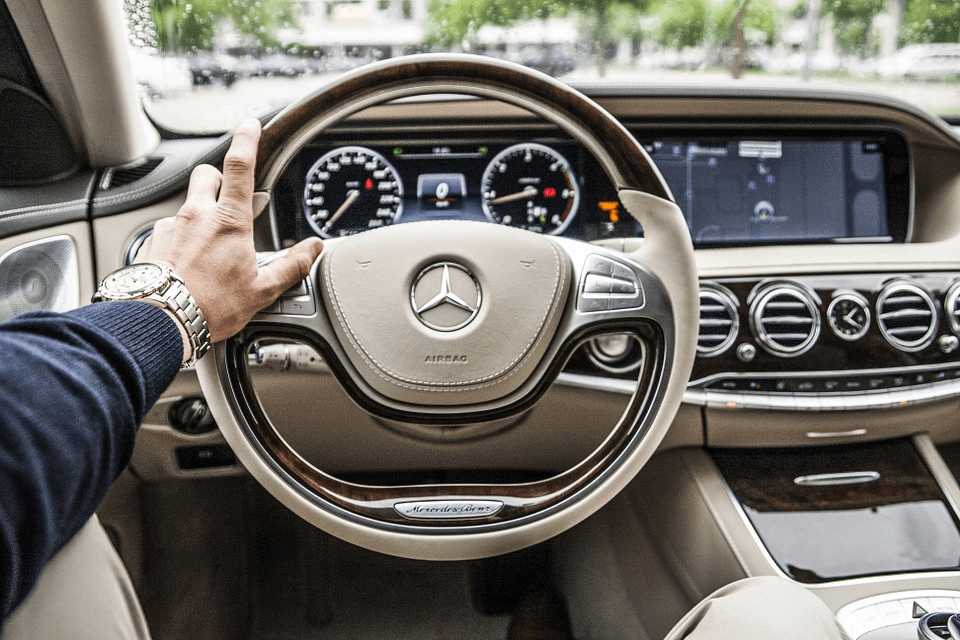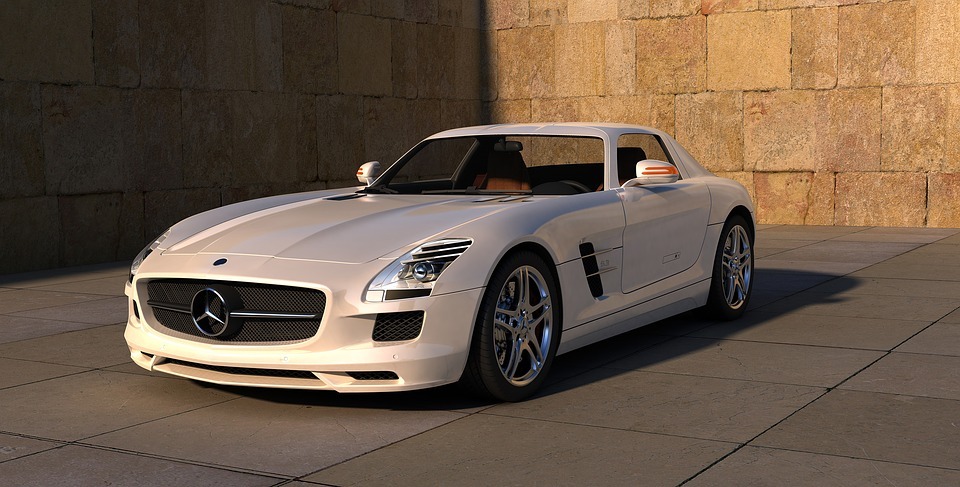Advancement in technology has enabled modern cars to have complex features. Latest models have an inbuilt navigation system, entertainment system, airbags, and other modern safety features. Amazingly, many people are used to these features and just a few individuals ask questions about how they function. But there are numerous questions related to some basic components that are also present in earlier car models. Most questions revolve around transmission, lighting system and engine. This is because only a few individuals pursue courses related to automobiles.
Here are some of the commonly asked questions.
1. Why turn signal indicators blink rapidly when the bulb is burnt out?
The indicators use relay switches to connect and disconnect the circuit thus making the bulbs to blink. A faulty indicator bulb causes changes in electrical resistance due to reduced load on the circuit. This makes it easier for the relay switches to operate thus making the indicators to blink rapidly. Therefore, when you are driving and you notice that the indicator in your dashboard is blinking faster, then the bulb is burnt out.
2. How a turbocharger differs from a supercharger?
Turbochargers and superchargers are common in most luxury vehicles. The two devices make your vehicle to generate more power and move faster by forcing more air in the combustion cylinders which help the engine to burn more fuel. But they are powered by different mechanisms. The compression pump of a Supercharger is connected directly to the engine using a belt. This means that the faster the engine turns, the quicker the compression pump spins thus generating more power. The advantage of having this unit is that it spins at the same rate as the engine, therefore, you don’t have to wait for it to spin up.
On the other hand, a turbocharger features a mini-turbine which is located in the exhaust pipe. The pressure generated by exhaust gases causes the turbine to spin and power the compression pump. Using a turbocharger is advantageous since it doesn’t rely on the engine to spin therefore it doesn’t take some power from your engine. But a turbocharger suffers from “turbo lag.” This is the time taken for the turbines to spin up and generate significant compression. However, a turbocharger can generate significant power at lower RPMs than a supercharger.
3. How diesel engines function?
Unlike gasoline engines which have spark plugs to burn the fuel, diesel engines use compression to ignite diesel. The fuel is injected in the compression cylinder then a piston compresses it with great pressure. The fuel ignites and moves the piston up thus turning the crankshaft. This process is repeated continuously to generate motion.
4. How the jerky impulses from pistons are translated into smooth crankshaft rotation?
The pistons are arranged in a pattern that allows some of them to move inwards while others move in the opposite direction. The pistons are then connected to a heavy flywheel which accelerates or decelerates slowly. This ensures that the crankshaft accelerates smoothly when you hit the gas pedal for an elongated period of time.
Sometimes you might start to feel the jerky impulses when you are driving your car especially if it is an old model. If this happens or your car starts to breakdown repeatedly due to engine failure and other problems, it might be costly to maintain it. It is advisable to scrap it and avoid the additional cost of maintenance. According to Scrap Car Network, scrapping your can enable you to get a refund of unused road tax. The best dealers allow you to scrap your car with less or no paperwork.
5. Difference between HP and Torque.
Torque refers to the amount of force an engine produces when turning the crankshaft. On the other hand, horsepower is how fast an engine can rotate the crankshaft. A small amount of torque might not move the wheels of a vehicle, but when the vehicle starts to move, it becomes work. Heavy vehicles have higher torque as compared to small cars.
A car has so many parts in that many people find it difficult to understand how each component works. Maybe you have been asking yourself some questions related to how a car works but you never got a comprehensive answer or you are too afraid to ask. We hope that this guide has helped you get the solution to some burning questions such as how HP differs from Torque, how diesel engine functions, whey the indicator blinks rapids when the bulb is burnt out and many more.


